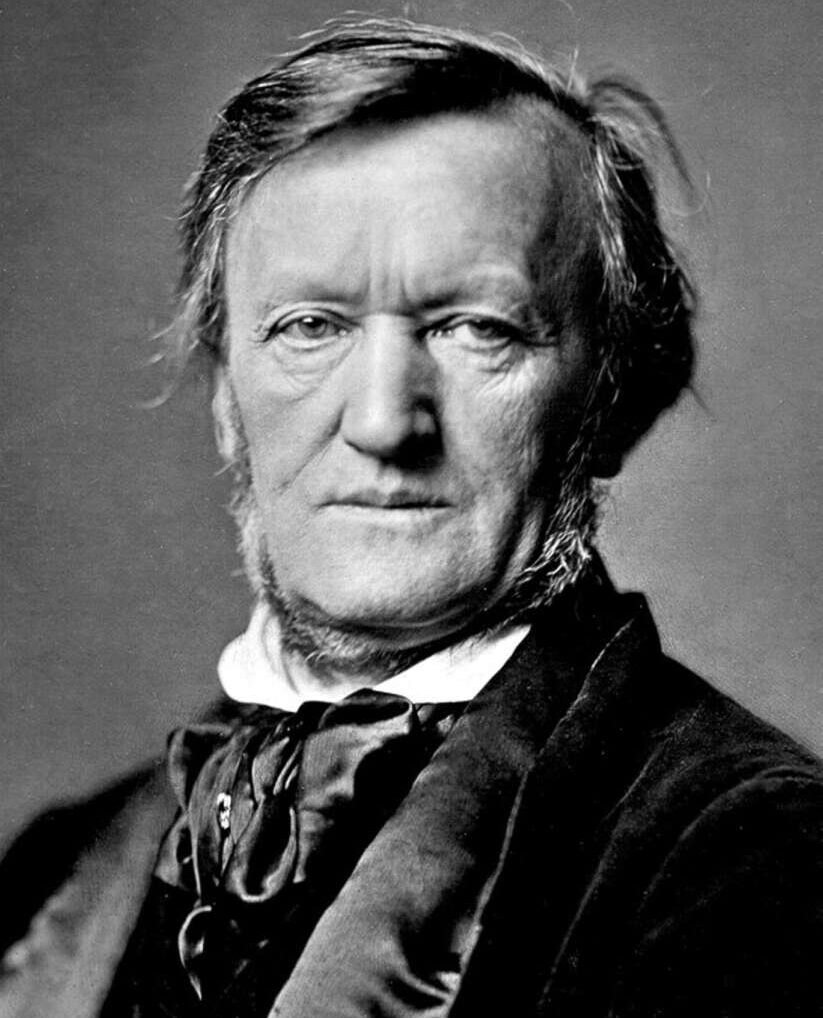Prostate cancer remains a leading health concern globally, with approximately 1.4 million new diagnoses and 375,000 deaths reported in 2020 alone
In a significant breakthrough, researchers from the Medical University of Vienna have discovered that certain drugs used to treat type 2 diabetes may also help slow the growth of prostate cancer, offering new hope in the fight against one of the most common cancers in men. The study, published in the journal Molecular Cancer, reveals that the protein PPARγ (peroxisome proliferator-activated receptor gamma), known for regulating metabolic processes, can also influence the growth behaviour of prostate cancer cells. Importantly, PPARγ is already targeted by drugs like pioglitazone, a thiazolidinedione commonly prescribed for type 2 diabetes.
“Our findings show that the diabetes drug pioglitazone influences the activity of PPARγ and thus inhibits the growth behaviour and metabolism of tumour cells,” explained Emine Atas from the Department of Biomedical Imaging and Image-guided Therapy at the university. “Furthermore, initial results revealed that prostate cancer patients with diabetes who were treated with PPARγ agonists had not relapsed at the time of data collection.”
The research involved examining cell cultures and tissue samples from patient cohorts to analyse how different activation states of the protein impacted tumour cells. The results suggest that repurposing PPARγ-targeting diabetes drugs could offer a promising treatment pathway for prostate cancer.
Prostate cancer remains a leading health concern globally, with approximately 1.4 million new diagnoses and 375,000 deaths reported in 2020 alone. Despite advancements in surgical and radiological treatment methods, the disease continues to carry a heavy emotional, social, and psychological burden.
In addition to medical research, healthcare professionals in India are calling for greater awareness and open dialogue around prostate cancer, especially during Prostate Cancer Awareness Month in September. The disease is often accompanied by social stigma, with men hesitant to seek help due to associations between prostate health, sexual function, and masculinity.
“Prostate cancer is often regarded as a silent killer because symptoms may remain hidden for years,” said Dr. P. Venkatasimha, Senior Consultant Medical and Haemato Oncologist at Kamineni Hospital. “Many men avoid discussing urinary or sexual health issues due to societal expectations of strength. This stigma delays diagnosis and treatment.”
Experts stress the importance of early detection, especially for men over 50 or those with a family history of prostate cancer. Technological advancements—such as robotic surgeries and precision radiation—have significantly improved patient outcomes when the disease is caught early. Dr. Rajesh Kumar Reddy Adapala, Consultant Uro-Oncologist at the Asian Institute of Nephrology and Urology, added, “Our goal is to dispel myths surrounding prostate cancer and encourage regular screenings. Education is key to overcoming the stigma.”

Beyond the physical effects, prostate cancer often takes a psychological toll on patients and their families. Dr. Francis Sridhar Katumalla, Consultant Urologist and Kidney Transplant Surgeon at KIMS Hospitals, Kondapur, emphasized the need for emotional support: “Men are conditioned to see vulnerability, especially around sexual health, as weakness. This not only causes emotional strain but can damage relationships. Counselling and support groups are essential components of treatment.” As research into molecular pathways like PPARγ continues, the possibility of integrating diabetes drugs into prostate cancer therapy could be a game-changer—both medically and socially. The dual focus on innovation and awareness offers new hope for patients and marks a step forward in transforming how prostate cancer is treated and understood.









